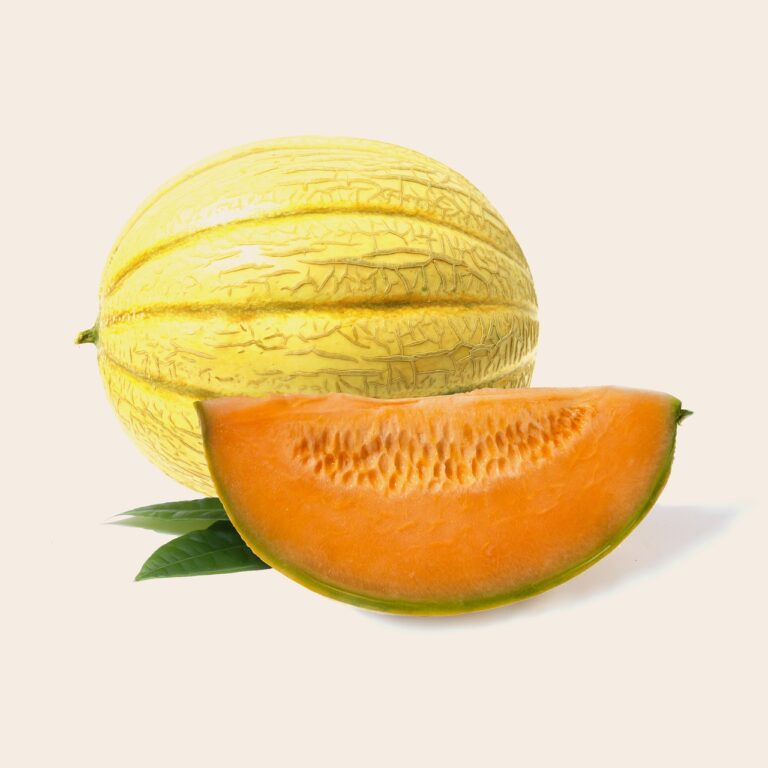Understanding the role of vector control in preventing infectious diseases: 99 exch, Laser 247 com, Yolo 247 login
99 exch, laser 247 com, yolo 247 login: Rheumatology and Herbal Medicine: Exploring Natural Remedies
Living with rheumatoid arthritis or other rheumatic conditions can be challenging, as the pain and stiffness associated with these conditions can significantly impact your quality of life. While conventional treatments such as medications and physical therapy can be effective, many people are turning to herbal medicine as a natural alternative to manage their symptoms. In this article, we’ll explore the world of rheumatology and herbal medicine, and how natural remedies can help alleviate the symptoms of these conditions.
Understanding Rheumatology
Rheumatology is a branch of medicine that focuses on the diagnosis and treatment of rheumatic diseases, which affect joints, muscles, and connective tissues. Common rheumatic conditions include rheumatoid arthritis, osteoarthritis, lupus, gout, and fibromyalgia. These conditions can cause pain, inflammation, and stiffness in the joints, making it difficult for people to move and perform daily activities.
Conventional treatments for rheumatic diseases often involve medications such as nonsteroidal anti-inflammatory drugs (NSAIDs), corticosteroids, and disease-modifying antirheumatic drugs (DMARDs). Physical therapy and lifestyle changes are also recommended to help manage symptoms and improve quality of life.
However, some people find that conventional treatments are not sufficient to control their symptoms or experience unwanted side effects from medications. As a result, they turn to herbal medicine as a natural alternative to alleviate pain and inflammation associated with rheumatic diseases.
Exploring Herbal Medicine
Herbal medicine, also known as botanical medicine or phytotherapy, involves using plant-based remedies to treat various health conditions. Plants have been used for centuries in traditional medicine systems around the world to promote healing and relieve symptoms of diseases.
Herbs contain active compounds that have anti-inflammatory, analgesic, and immunomodulatory properties, which can help reduce pain, swelling, and stiffness associated with rheumatic conditions. Some herbs commonly used in the treatment of rheumatology include turmeric, ginger, boswellia, devil’s claw, and willow bark.
Turmeric, for example, contains curcumin, a powerful antioxidant and anti-inflammatory compound that can help reduce pain and inflammation in the joints. Ginger has similar properties and can also improve circulation and promote healing. Boswellia and devil’s claw are known for their analgesic effects, while willow bark contains salicin, a compound similar to aspirin that can relieve pain and inflammation.
In addition to these herbs, many traditional medicine systems also use acupuncture, massage, and mind-body practices such as yoga and meditation to help manage symptoms of rheumatic diseases. These holistic approaches can help improve overall well-being and reduce stress, which can exacerbate symptoms of rheumatology.
FAQs
Can herbal medicine cure rheumatic diseases?
While herbal medicine can help alleviate symptoms of rheumatic diseases, it is not a cure for these conditions. It is important to consult with a qualified healthcare provider before starting any herbal treatment to ensure it is safe and effective for your specific condition.
Are there any risks associated with herbal medicine?
Like any form of treatment, herbal medicine can have side effects and interactions with medications. It is important to research herbs thoroughly and consult with a healthcare provider or herbalist before using them to ensure they are safe for you.
How long does it take to see results from herbal medicine?
The time it takes to see results from herbal medicine can vary depending on the individual and the specific herbs being used. It is important to be patient and consistent with herbal treatments, as they may take time to show improvement in symptoms.
In conclusion, herbal medicine can be a valuable tool in managing symptoms of rheumatic diseases and improving overall well-being. By exploring natural remedies and incorporating them into your treatment plan, you may find relief from pain and inflammation associated with these conditions. Remember to consult with a healthcare provider before starting any herbal treatment to ensure it is safe and effective for your specific needs.







